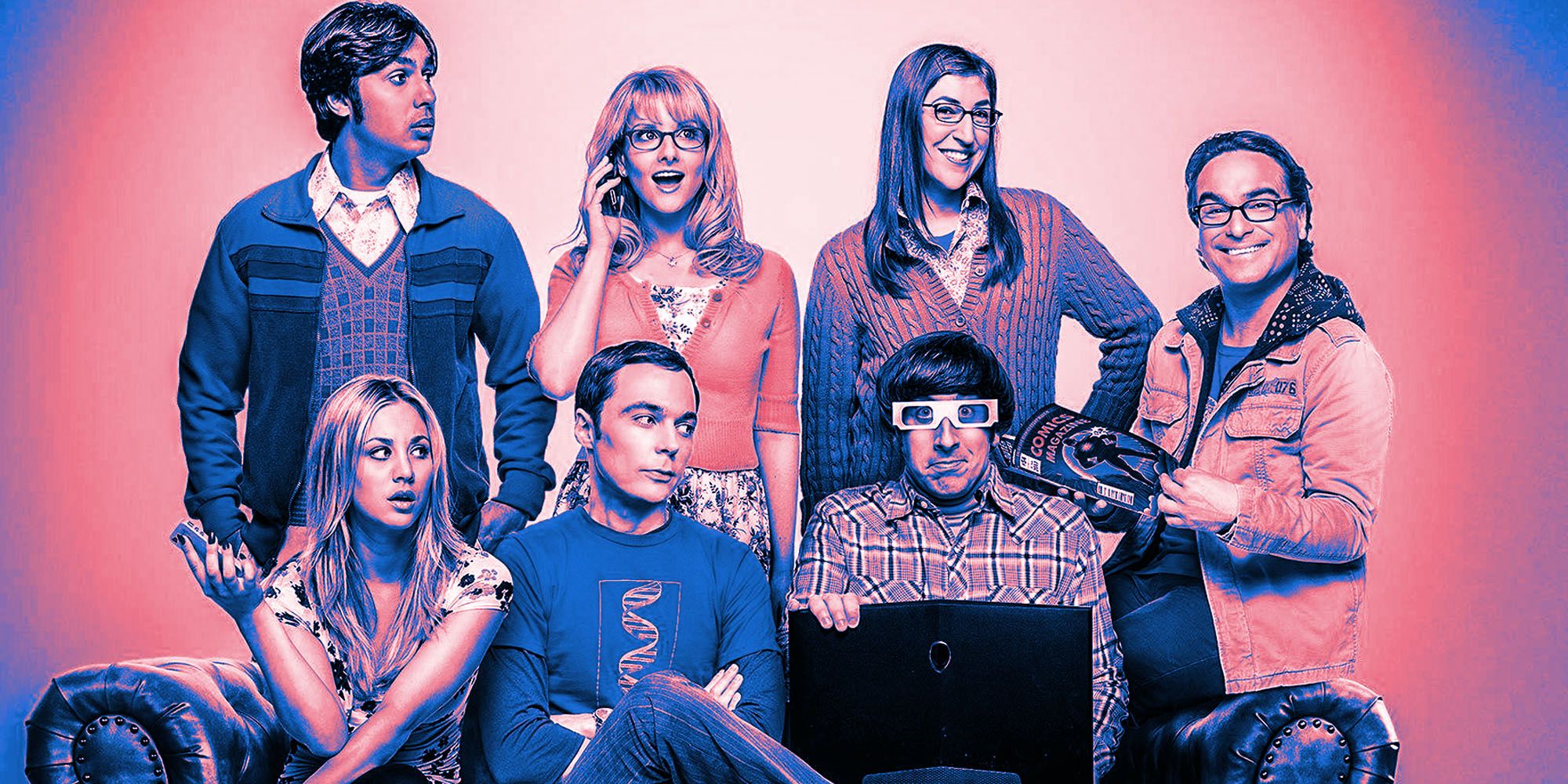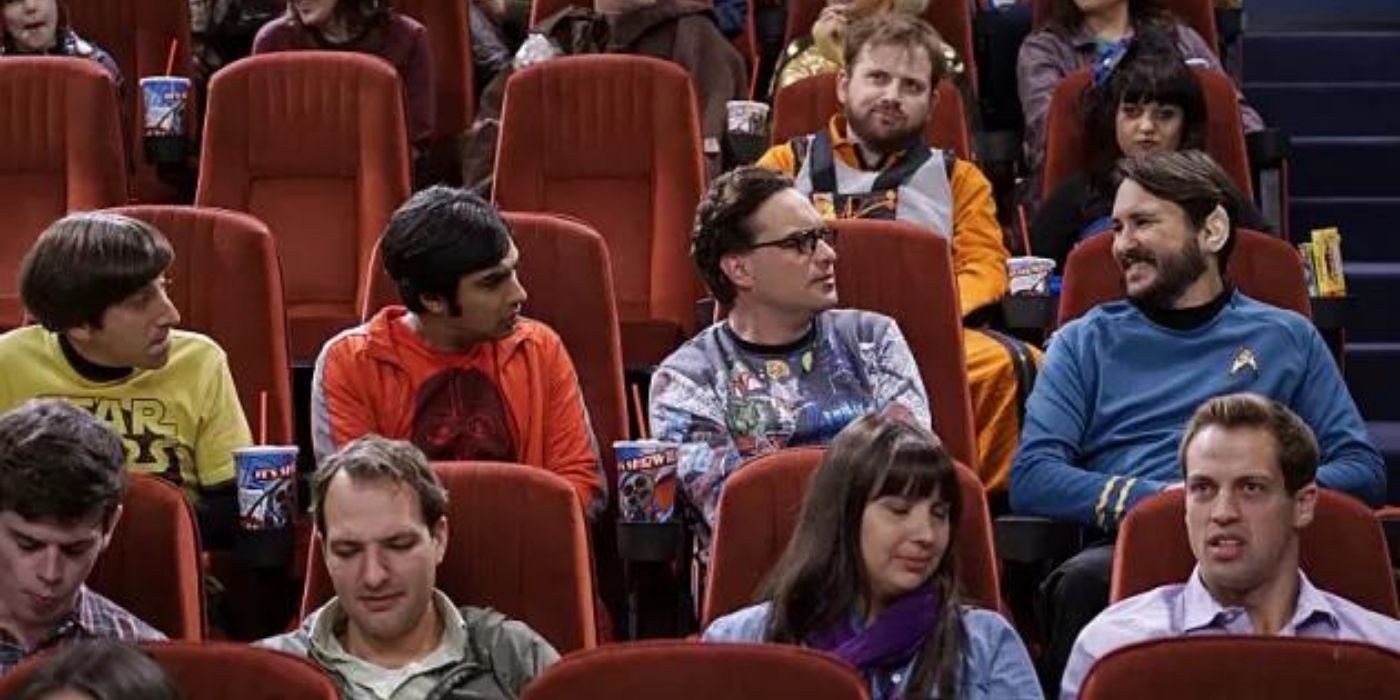The Big Bang Theory had the tendency to be problematic, and yet, it remained to be one of the most successful sitcoms — why? Debuting in 2007, the CBS project wasn't an instant hit. The pilot had to be reworked after it fell flat with studio executives. Carrying over the characters of Sheldon (Jim Parsons) and Leonard (Johnny Galecki) from the original pitch, the revamped version added three more main players in Penny (Kaley Cuoco), Howard (Simon Helberg), and Raj (Kunal Nayyar).
From there, The Big Bang Theory gradually grew its base. By season 4, it added two more series regulars in Amy (Mayim Bialik) and Bernie (Melissa Rauch) in an effort to provide love interests for Sheldon and Howard. The show ran for an additional eight years until it wrapped up in 2019 with 12 seasons. Its cancelation, however, had nothing to do with its ratings or its popularity; The Big Bang Theory remained to be CBS' premiere sitcom when it wrapped up. It became so big that the studio was willing to pay the cast $1 million each per episode just so it would continue. So, it was surprising even for some of the stars of the show when Parsons revealed that he was leaving which ultimately led to the decision to cap it off altogether.
For context, The Big Bang Theory ranked top two in terms of ratings since 2012; it ultimately reached number 1 in its eleventh season. But unlike other cult-favorite sitcoms like Friends and Seinfeld, it was also constantly criticized for its brand of humor that tended to be racist, sexist, and downright offensive. So, how exactly did it get so big? While the sitcom didn't quickly catch viewers' attention, it premiered at the right time and was always given CBS' primetime slot. In the late 2000s, comic books films and nerd culture, in general, were becoming more mainstream thanks to Christopher Nolan's Dark Knight movies, as well as, the birth of the MCU in 2008 via Iron Man. Since The Big Bang Theory focused on social outcasts who love these things, they resonated with so-called geeks, who may have also been discriminated against in real life. As superheroes became a big part of pop culture, new fans were enticed with a show that regularly referenced the same characters and stories, as well. For example, The Big Bang Theory would often reference real-world events and bake them into its episodes like the release of Star Wars: The Force Awakens in 2015.
Aside from that, The Big Bang Theory has also started running in syndication in 2010. Through constant reruns, those who weren't initially interested in the show were able to check it out. With easily digestible narratives coupled with its accessible brand of humor, it was easy to watch. Viewers didn't need to commit to watching a full season to be entertained as each episode was fun and humorous. It's also worth noting that The Big Bang Theory’s scientific element piqued the interest of those who were already intrigued by the characters' respective fields of study. At least in its earlier seasons, the boys would either do fun experiments or indulge in their latest nerdy interests, regardless, they seem to always have a blast. Meanwhile, its eventual availability in streaming sites such as Netflix and HBO Max helped it further broaden its reach, with more people checking it out on their own time.
Given its enduring popularity, it's safe to say that The Big Bang Theory would've continued to run for a couple more seasons had Parsons decided to stay. Outside of its issues, the show still has remaining stories to tell, especially with regard to other characters aside from Sheldon and Amy. In any case, the universe it exists is still alive thanks to the prequel spin-off, Young Sheldon.


